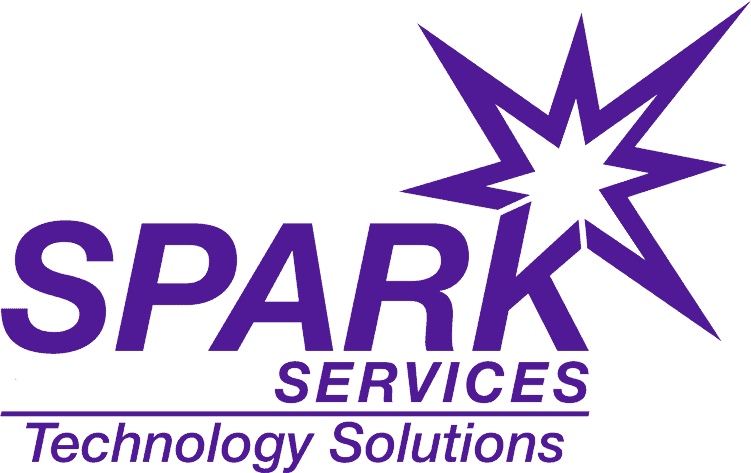
As businesses demand more data centres and networks, they go with servers and appliances with ever-higher capacities and speeds. They also go with faster cables that deliver advanced security to support the ever-increasing rates and volumes. Hence, the most obvious choice for more projects is fiber optic cables.
If your company needs a strong network that can cover long distances, heavy bandwidth connections, and high speeds, fiber optic cables are the indisputable best choice. Fiber optic is more expensive to install than copper and demands higher expertise from IT professionals, but the advantages to the company are clear. As data centers increase density and consolidate computing power, the generous bandwidth of fiber optic facilitates the rapid processing that today’s applications require.
Fiber optic cables are often more future-proof than the servers and appliances it connects because they can meet bandwidth demands for many generations of computing equipment. It also offers a lower total cost of ownership than copper because it stays in place longer.
Here are five reasons why IT Professionals choose fiber optic cables instead of copper:
-
Withstands Temperature and Water Fluctuations
Fiber optic cables do not get affected easily by temperature changes, moisture, or bad weather. For instance, if it comes into contact with rain, communication still goes on as usual. If lightning strikes a fiber optic, the electricity surge will not spread as the cable contains no metallic components. The wires can withstand harsh environments without any changes in performance, making them ideal for rugged environments like long-distance, outdoor and industrial applications.
-
Higher Bandwidth
Fiber optic cables move more data at higher speeds than copper cables. These cables are made of tiny strands of glass, each about the size of a human hair, and use light pulses. Thus, they can carry a lot of data – up to 60 terabits per second – at speeds just slightly slower than the speed of light. Copper cables, limited by the speed at which electrons travel, can only reach about 10 gigabits per second.
-
Higher Security
Fiber Optic cables cannot be hacked like electrical ones, so data transmission is more secure. Even if a cable is compromised or damaged, it can be easily detected by monitoring the power transmission. On the other hand, copper cables can be tapped, which can affect the internet speed or even destroy the network.
-
Lighter Weight and Durability
Fiber Optic cables are lighter than copper cables and are easier to manage. They offer higher density at lower diameters, which means cabling can fit in a tray, and there is more room for air to flow, which makes cooling more efficient. Fiber cables can withstand up to 200 pounds of pressure, which is undoubtedly preferable during the construction of a Local Area Network (LAN). Copper wires are fragile when compared to Fiber Optics. Copper cables also experience corrosion and will eventually be replaced after as little as five years. On the other hand, Fibre Optic cables are sturdier with fewer parts and can last up to 50 years. When choosing a cable, its longevity must be taken into account.
-
No Electric Power
Fiber Optic cables are not subject to electromagnetic interference (EMI), which means the signals maintain higher quality because they are not prone to interference and degradation due to EMI. On the other hand, copper wires that are not professionally installed can produce electromagnetic currents that can interfere with other wires and wreak havoc on the network.
Each year, there are many releases of new technological advances, devices, and accessories, another one of the main reasons IT professionals choose fiber optic cables. When businesses upgrade their network setups to have fiber optic cables, they set themselves up for future success. A fiber optic cable infrastructure will continue to support your business’s needs, even as bandwidth requirements evolve.
SPARK Services offers innovative technology solutions improving the way our customers communicate and keeping them secure. This becomes vital as the workplace is dispersed, as it simplifies network operations and management across any environment.
Regardless of where we work, new technologies and their implementation will be a success marker moving forward. This is where we at SPARK Services come into the picture. Our portfolio and solutions are designed to function in every customer environment – from small businesses to the enterprise, campus, data center, branch, and cloud. No matter where the journey may lead, SPARK customers can count on having a cabling network that provides the security, connectivity, management, data insights, and AI necessary for the future. Connect with us to know more!



